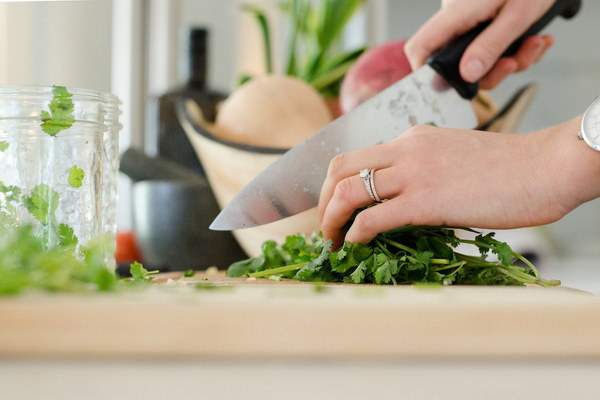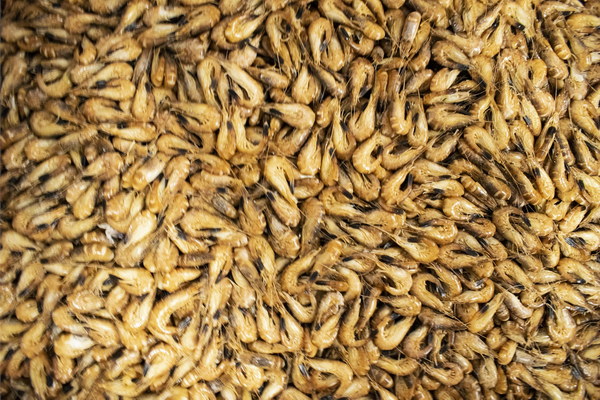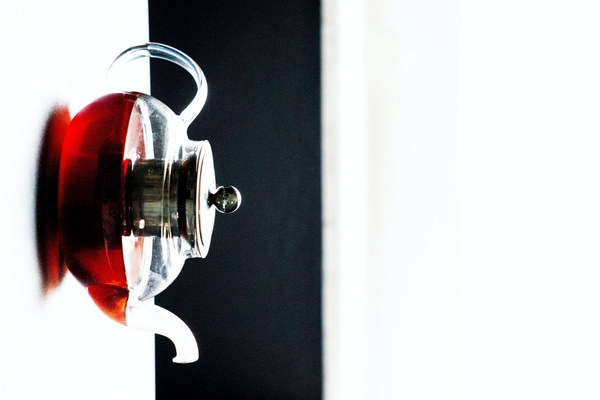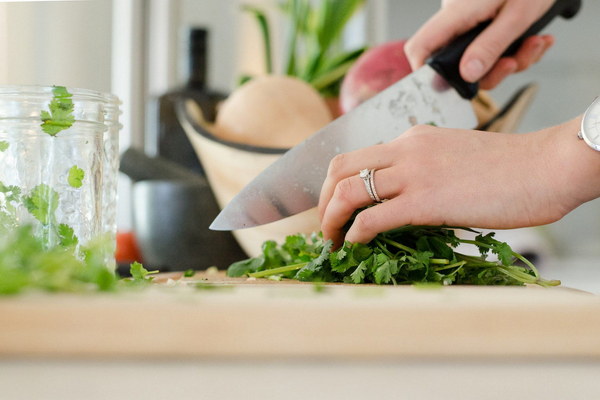Does Sour Radish Help Expel Dampness A Traditional Chinese Remedy Explained
In the realm of traditional Chinese medicine, the belief in balancing the body's Qi or vital energy is paramount. One common concern among individuals is the accumulation of Dampness, a concept that refers to excess moisture in the body believed to cause discomfort and illness. Sour radish, a staple in Chinese cuisine, is often hailed as a natural remedy for expelling dampness. But does it really work? Let's delve into this age-old question and explore the science behind it.
Understanding Dampness in Traditional Chinese Medicine
In traditional Chinese medicine, dampness is considered a type of internal imbalance that can lead to a variety of health issues, such as fatigue, weight gain, joint pain, and digestive problems. The theory is that dampness can be caused by poor diet, excess moisture in the environment, or an internal weakness that leads to an accumulation of fluid in the body.
The Sour Radish: A Natural Remedy for Dampness
Sour radish, also known as preserved radish or Chinese radish, is a root vegetable that is pickled and preserved in salt and vinegar. It has a distinct tangy flavor and is widely consumed in Chinese cuisine. According to traditional Chinese medicine, sour radish possesses properties that can help expel dampness from the body.
How Does Sour Radish Work?
The mechanism behind sour radish's ability to expel dampness is not entirely understood by modern science, but there are a few theories:
1. Diuretic Properties: Sour radish is believed to have diuretic properties, which can help the body eliminate excess fluid and reduce dampness.
2. Digestive Stimulation: The tangy flavor of sour radish may stimulate the digestive system, aiding in the breakdown and elimination of dampness.
3. Herbal Components: Sour radish contains various compounds that may have anti-inflammatory and diuretic effects, contributing to its dampness-relieving properties.
Scientific Evidence
While traditional beliefs attribute many health benefits to sour radish, scientific research is limited. Some studies suggest that certain components in sour radish, such as isothiocyanates and other sulfur-containing compounds, may have anti-inflammatory and antimicrobial properties. However, there is no definitive evidence to support the claim that sour radish can effectively expel dampness from the body.
Practical Use
Despite the lack of scientific proof, many people still incorporate sour radish into their diet as a preventive measure or to alleviate symptoms associated with dampness. Here are a few ways sour radish can be used:
- In Recipes: Add slices of sour radish to soups, stir-fries, or salads for a tangy flavor and potential health benefits.
- As a Side Dish: Serve it as a pickled side dish with meals to aid digestion.
- In Herbal Formulas: Combine it with other herbs in traditional Chinese medicine formulas designed to expel dampness.

Conclusion
While sour radish may not have the power to expel dampness as claimed in traditional Chinese medicine, it certainly doesn't hurt to include it in your diet for its potential health benefits. The tangy, flavorful root vegetable can add variety to your meals and may offer some digestive and inflammatory support. As with any dietary change, it's best to consult with a healthcare professional to ensure it's suitable for your individual health needs.









